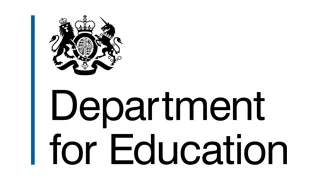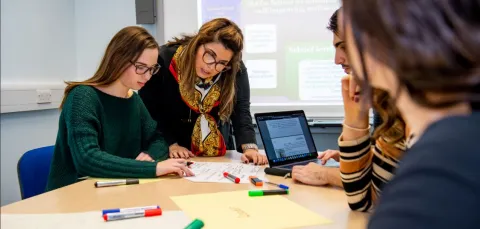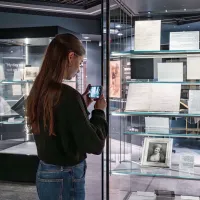About this course
Develop the knowledge and skills to become a qualified history teacher on this PGCE Secondary course at the University of Southampton. You’ll spend your time on school placements and at the University as you learn how to work with secondary-school pupils of all ages and abilities. You’ll qualify to work as a teacher in state-maintained and special schools in England and Wales.
On this Postgraduate Certificate in Education (PGCE) course you’ll learn how to teach history at secondary-school level (Key Stages 3 and 4) within the UK’s History National Curriculum framework.
You’ll develop:
- a strong grasp of the most effective teaching approaches
- the enthusiasm to help pupils understand and enjoy the subject
- subject knowledge and understanding of historical concepts and processes
You’ll also learn how to:
- manage the classroom
- monitor and assess pupils
- teach for equality and inclusion
You'll spend two-thirds of your time in placement schools in the Southampton area, giving you the chance to experience lesson observation, team teaching, and working with small groups and whole classes.
University-based work will prepare you for your placements, evaluate your school-based work, and develop subject-specific skills and good practice.
Talk to a tutor
Looking for more information? Send your question to one of our PGCE tutors.
We regularly review our courses to ensure and improve quality. This course may be revised as a result of this. Any revision will be balanced against the requirement that the student should receive the educational service expected. Find out why, when, and how we might make changes.
Our courses are regulated in England by the Office for Students (OfS).
Course lead
Your course leader is Rachele Morse, programme director for PGCE Secondary. Rachele taught in secondary schools for 12 years before joining Southampton’s Initial Teacher Education team. Her areas of interest include mentoring and coaching of early career teachers and the development of pupils’ learning and thinking skills. Read Rachele’s staff profile to find out more about her work.
Course locations
This course is based at Highfield and in school.
Awarding body
This qualification is awarded by the University of Southampton.
Download the Course Description Document
The Course Description Document details your course overview, your course structure and how your course is taught and assessed.







